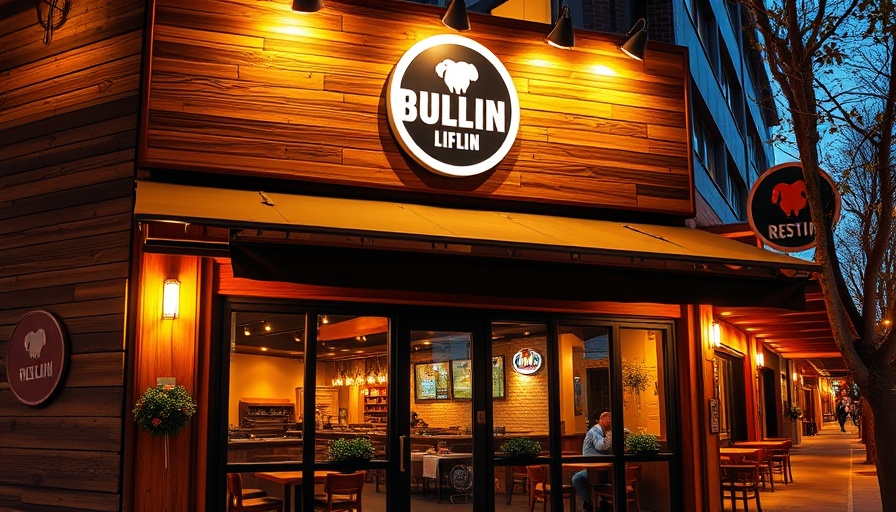
Revolutionizing Website Traffic: A Closer Look at Modernize's Strategy
In the ever-evolving world of digital marketing, staying ahead of the curve is paramount for any business. Modernize, a leader in the home improvement industry, recently made headlines by achieving an impressive 135% increase in organic traffic in just a year. How did they achieve such dramatic growth? By modernizing their digital strategies and implementing data-driven SEO techniques, they set a new benchmark for success that other businesses can learn from.
The Foundation of Success: Data-Driven Content Strategies
At the core of Modernize's strategy lies the strategic use of content briefs. These briefs serve as blueprints, guiding the creation of high-quality, relevant content tailored to their target audience. By focusing their efforts on user intent and keyword optimization, they ensured that their content resonates with what potential customers are searching for, thus driving more organic traffic to their website.
Leveraging SEO Tools to Gain Insights
Utilizing advanced SEO tools like seoClarity allowed Modernize to analyze their performance, monitor industry trends, and identify opportunities for optimization. This data-driven approach enabled them to pivot their strategies effectively, addressing areas needing improvement while capitalizing on existing strengths. For professionals and business owners, this underscores the importance of integrating sophisticated SEO tools into their marketing arsenal to achieve tangible results.
Creating Value with SEO-Enhanced Content
By aligning their content creation with SEO best practices, Modernize not only improved visibility, but also established their authority in the home improvement market. Content that is optimized for search engines has a higher chance of driving qualified leads, thus enhancing overall conversion rates. This model demonstrates that when businesses prioritize user experience alongside search optimization, they can foster deeper connections with their audience.
Future Trends: The Evolution of SEO Practices
As digital landscapes continue to shift, businesses are reminded that SEO isn’t static; it evolves with changing consumer behaviors and technology. The success of Modernize reflects a broader trend where personalization, user experience, and data interpretation will only grow in importance. Marketers need to embrace these changes, employing adaptable strategies that can scale with their growth.
Conclusion: The Modernize Example as a Vision for Growth
Modernize's impressive 135% traffic growth serves as a powerful reminder of the impact that targeted SEO strategies can have for business growth. By leveraging data insights, optimizing content, and continuously adapting to the market, they have set a precedent for success that others in the industry can emulate. As businesses aim to enhance their online presence, it is vital to integrate these practices to remain competitive and fulfill user expectations in a dynamic digital marketplace.
 Add Row
Add Row  Add
Add 




Write A Comment